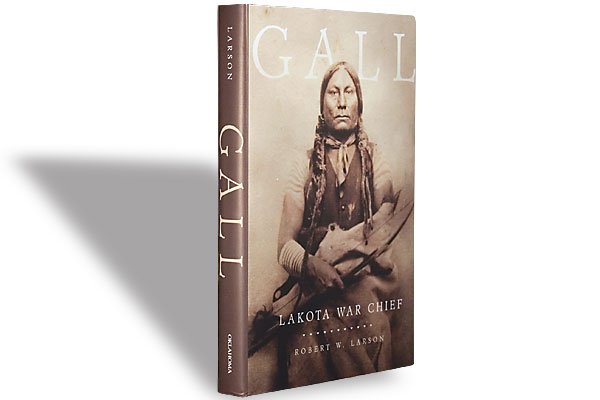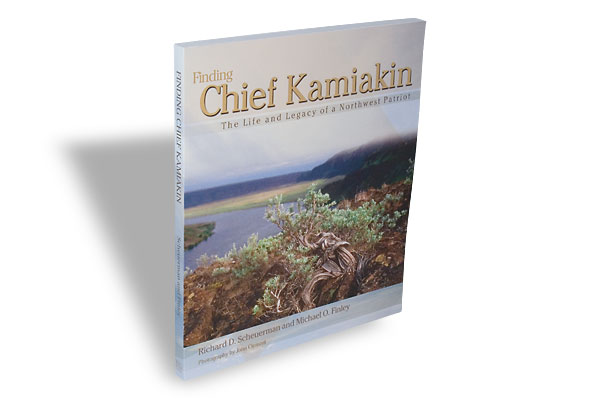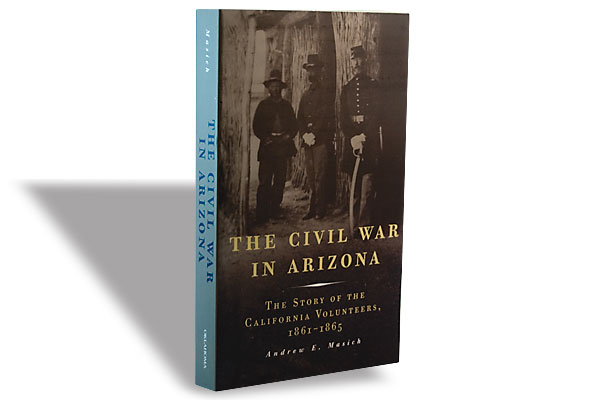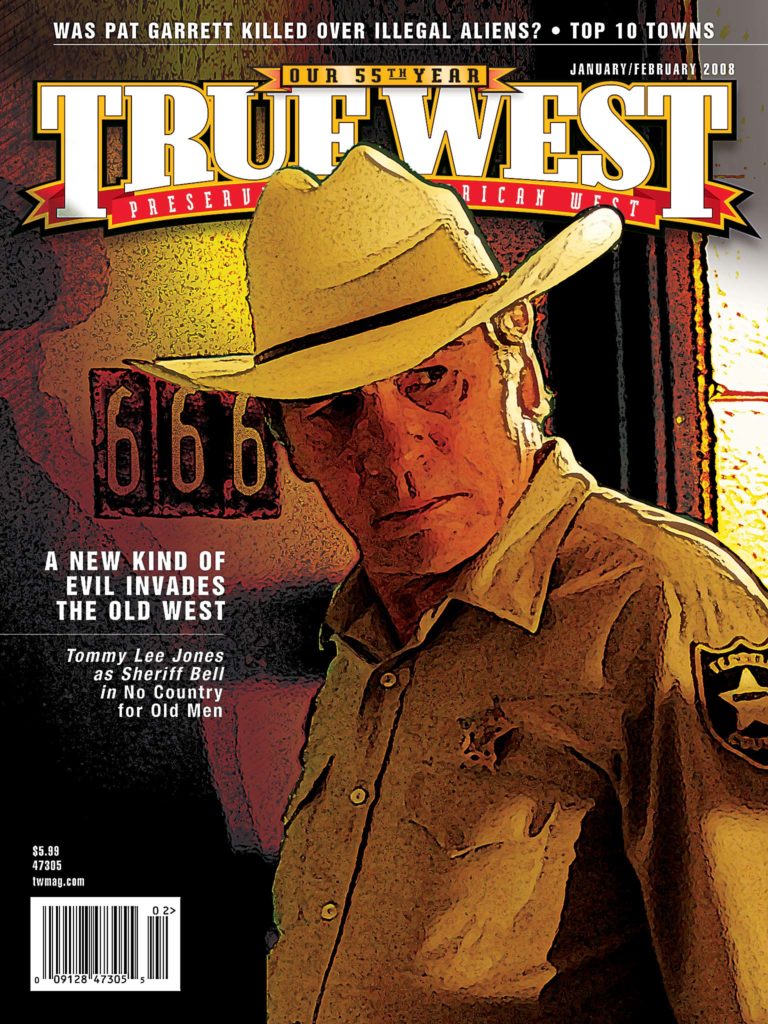
Here is an excellent biography to shelve alongside Robert Utley’s volume, The Lance and the Shield: The Life and Times of Sitting Bull, and Kingsley Bray’s Crazy Horse.
Gall shared honors with Crazy horse for the obliteration of Custer and much of the Seventh cavalry at the Battle of the Little Bighorn. Gall was also protege to Sitting Bull as the great warrior chief of the off-reservation, or non-treaty, Lakota Sioux during the campaigns of the 1860s. Gall remains a controversial figure because, unlike both Sitting Bull and Crazy Horse, he was always willing to compromise with whites, including the army. Consequently, he has been seen as a pragmatist but also criticized as a self-serving opportunist. The first part of the book is more interesting than the remainder, but the latter is important in rounding out Gall’s life, unknown territory to most of us. Gall became an exemplary reservation Indian, indeed; a farmer who not only saw assimilation of his people but actually favored it.






